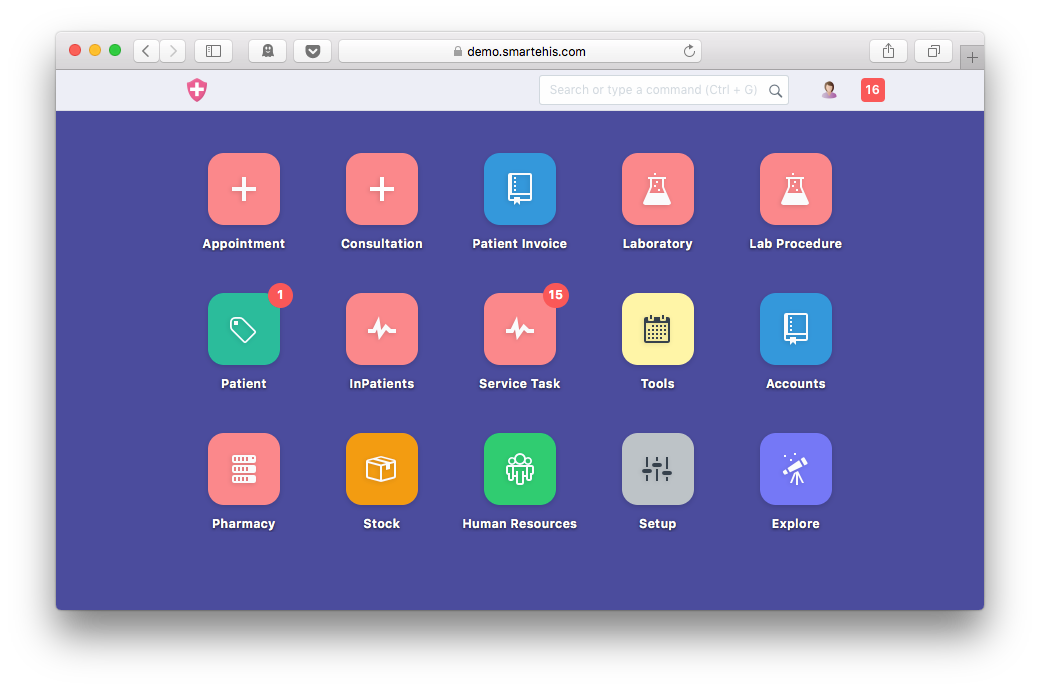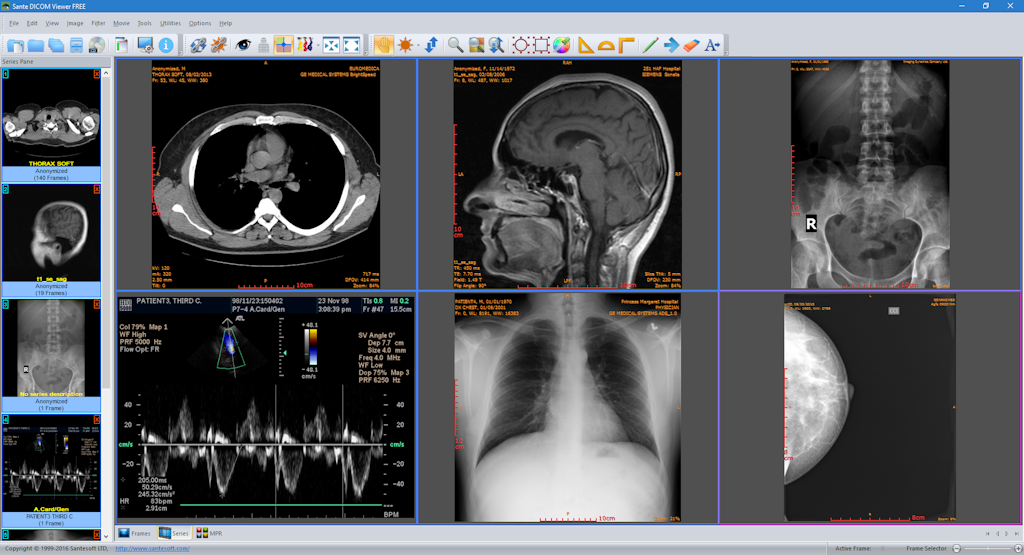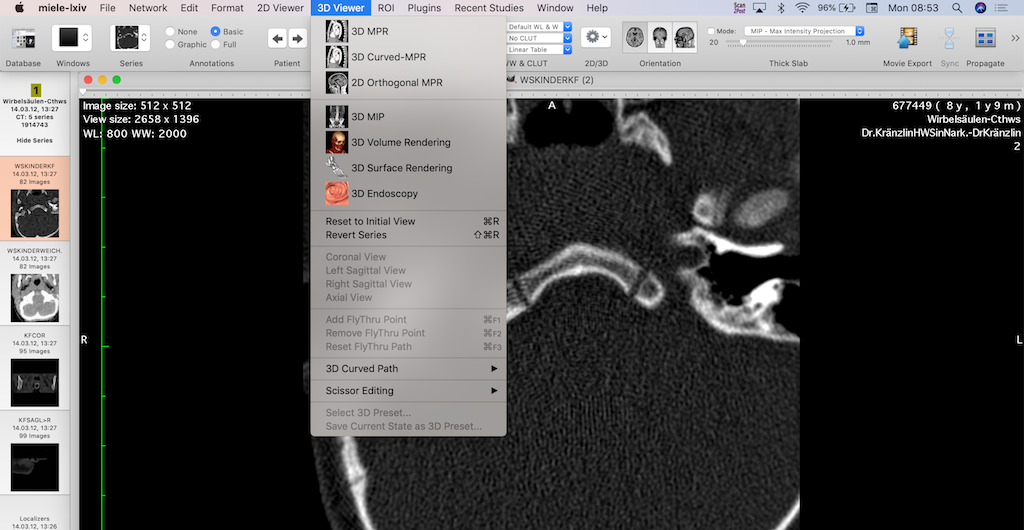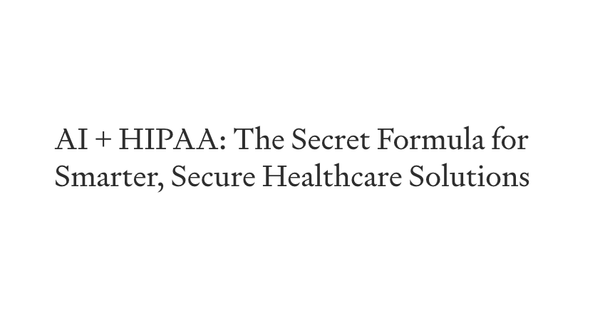Why Healthcare Service Providers Should Embrace Linux: Key Advantages and Insights
Table of Content
In healthcare, data security, system reliability, and cost efficiency are crucial. Linux offers an ideal operating system for these needs.
Windows as a Target!
Windows has faced several significant security issues in recent years. In 2017, the WannaCry ransomware attack exploited a Windows vulnerability, affecting over 200,000 computers in 150 countries, including critical healthcare systems. In 2020, Microsoft reported a 250% increase in targeted ransomware attacks, many exploiting Windows vulnerabilities.
A 2021 report found that 80% of ransomware attacks targeted Windows systems. Additionally, the PrintNightmare vulnerability in 2021 allowed attackers to execute remote code on Windows systems, highlighting CISA.
These incidents underscore the need for secure, stable alternatives in healthcare, making Linux an attractive option due to its robust security features, lower vulnerability rates, and strong community support.
Here’s why Linux is a great choice and a look at the top five distributions for enterprise and healthcare use.
1- Security
Linux has strong security features, with continuous scrutiny and rapid patching of vulnerabilities. Its built-in security mechanisms, like user permissions and SELinux, protect against unauthorized access and malware.
2- Maintenance
Linux systems are stable and require low maintenance. Updates can be applied without system reboots, ensuring minimal downtime, which is critical in healthcare.
Package management systems like APT and YUM streamline software installation and updates.
3- Community Support
Linux’s vibrant community provides extensive resources, forums, and expert advice. This support helps healthcare IT departments troubleshoot and develop specialized solutions.
4- Software Repositories and Marketplaces
Linux benefits from extensive software repositories and marketplaces like Snap, Flathub, and AppImage, offering easy access to a range of applications from productivity tools to specialized medical software.
5- Free and Open-Source Applications
Linux offers many free and open-source applications, reducing costs for healthcare organizations. From office suites to EHR systems and medical imaging software, Linux provides robust tools without licensing fees.
6- Better for Enterprise
Statistics show that Linux is widely used in enterprise environments. According to a 2020 report by the Linux Foundation, 90% of the public cloud workload runs on Linux, and 74% of companies reported using Linux as their primary operating system for development and deployment .
7- Ideal for Security and Pentesting
Linux is a preferred platform for security professionals. Distributions like Kali Linux and Parrot OS are specifically designed for penetration testing and security analysis.
These tools are essential for identifying vulnerabilities and ensuring the security of healthcare systems .
8- Enterprise Distros
Choosing from the many Linux distros can be confusing, but several are widely supported by enterprises, have strong community backing, and are used by major organizations.
These distros are highly recommended for healthcare service providers and professionals.
In the following list, you will find the best Linux distros for enterprise.
1. Ubuntu
Ubuntu is a popular user-friendly with long-term support releases, Ubuntu ensures stability and extended support. It has a vast software repository and excellent community support.
2. Debian
Known for stability and robustness, Debian’s focus on free software ensures reliability and security. Its comprehensive package repository and strong community make it a preferred choice.
3. Fedora
Fedora, backed by RedHat, is at the forefront of innovation. Its rapid update cycle is suitable for healthcare providers seeking the latest features and security enhancements.
4. CentOS
CentOS offers enterprise-level stability and performance. Its long lifecycle and reliability make it ideal for critical healthcare systems.
5. openSUSE
openSUSE’s Leap version provides stability with regular updates, making it suitable for healthcare. Its YaST configuration tool simplifies system administration.
9- Extensive Medical Application Availability
Linux supports many applications for healthcare, from EHR systems like OpenMRS to imaging software like GIMP and Inkscape for medical illustration.





Conclusion
Linux’s security, low maintenance, strong community support, and extensive software availability make it a top choice for healthcare. Distributions like Ubuntu, Debian, Fedora, CentOS, and openSUSE offer the stability, performance, and enterprise features required for healthcare environments.
Medevel <3 Linux
At Medevel.com, we strongly recommend Linux for both healthcare and everyday use. As doctors, we've relied on Linux for nearly 20 years, utilizing it for coding, scraping, app development, and data analytics.
We're committed to keeping our readers informed about Linux applications, new technologies, and solutions, with a special focus on medical and enterprise healthcare apps that run on Linux.
Join us in exploring the benefits of Linux and stay updated on the latest advancements tailored for healthcare professionals.











